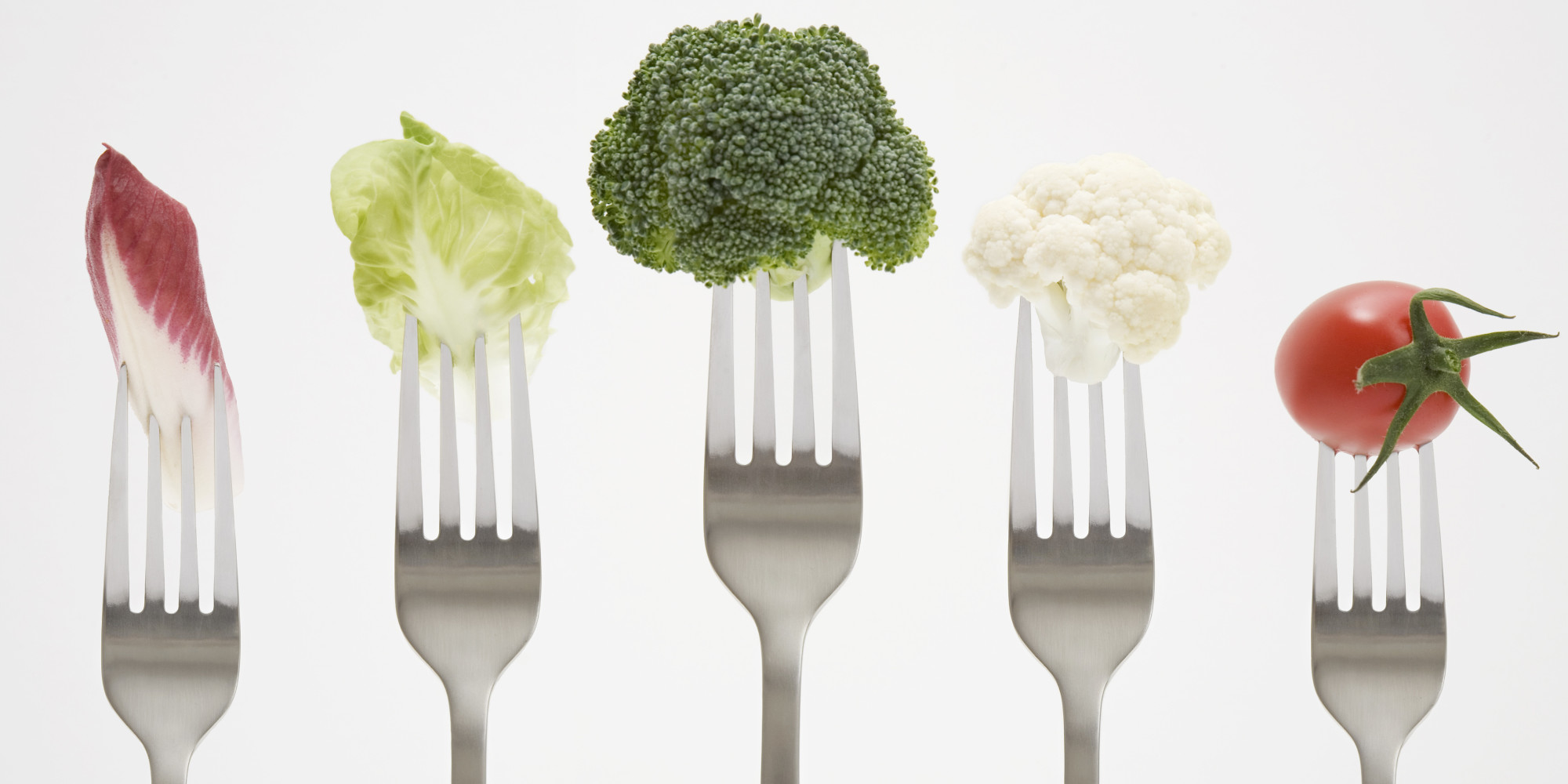Changing habits
You don’t need to go on crazy diets to achieve the weight you dream of. Crazy diets almost always work, but they almost never keep the weight off. These diets are usually really severe. It’s obvious that when you eat almost nothing you’ll lose weight. The problem is that even if you are strong enough to keep the diet for as long as it’s recommended to keep them after the diet is finished you go back to your old habits. Those habits got you to go over your goal weight, in the first place. Therefore changing your habits might be a better solution.
80% rule
Eat until you’re about 80% full. Don’t eat until you’re about to explode, because then you ate too much. Eat until you had enough or even stop eating a bit before that, but also don’t leave the table still hungry. To do this you need to eat slowly, it takes time for the brain to receive the message that your stomach is full.
If it’s difficult for you to eat slowly, try putting your fork down after every bite.
Get enough sleep
Sleep deprivation messes with your hormones (ghrelin and leptin) which makes you eat more. When you’re tired you also tend to make poor food choices. Plus your metabolism slows down. Make sure you get 7.5 hours of quality sleep every night.
Work for your food.
When you eat nuts, you can eat a handful of ready-peeled nuts and then you’ll probably eat them in a matter of seconds or you can choose for nuts that are still in the shell. The second choice will take you a lot longer to eat, so you’ll enjoy eating for longer.
Don’t bring the enemy home
Do not bring the enemy home! If you are trying to lose some weight and you know you shouldn’t eat ice cream, you shouldn’t buy ice cream to begin with. Whatever is not in your immediate reach you’re less likely to eat.
Fight boredom
Try to make it a habit to cook one new recipe a week, this way you’ll be encouraged to eat with variation.
You choose how much you eat
Don’t feel obligated to eat everything on your plate choose the right portion size for you. In restaurants they are often too big, don’t try to eat everything. If you had enough, stop eating and save the rest for later. Any extra bite won’t taste any different than all the bites you had before.
Plan ahead.
If you plan ahead what you’re going to eat during the week, you can save yourself a lot of trouble and stress. Planning ahead helps you to foresee at what point in the week it will be difficult for you to eat healthily. When you know where the obstacle is you can fix it. It can save you some emergency runs to the supermarket, and we all know that going to the supermarket hungry is not such a good idea.
Do not eat from a bag.
When you eat from the bag you have no idea how much you already ate. It’s better to put the content of the bag in a cup or bowl. That way you can visually see what you are about to eat and have a better idea of what you already ate. Seeing the amounts you ate plays a role in feeling full.
Drink plenty of water.
Our body has difficulties knowing the difference between thirst and hunger. Many times we eat because we think we’re hungry but are actually dehydrated. When you think you are hungry it can be a good idea to first drink a big glass of water.

